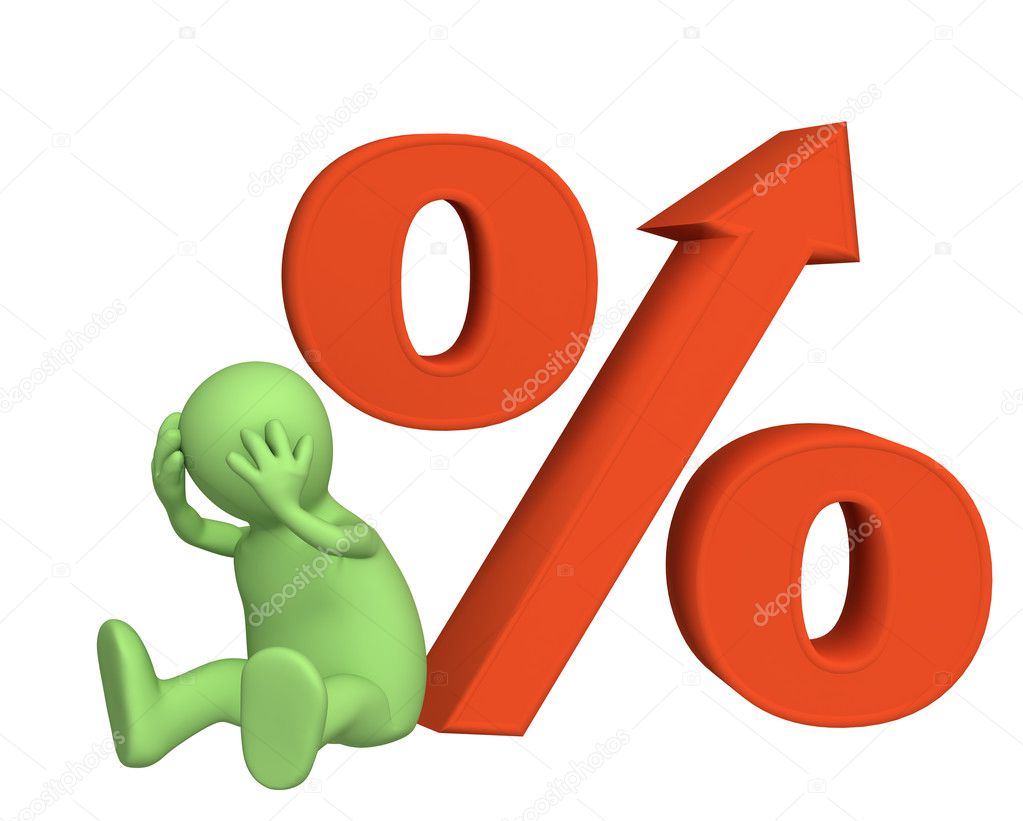the Fatwa Department Research Committee - chaired by Sheikh `Abd al-Wahhâb al-Turayrî
Expressed in the simplest of terms, interest may be defined as any increase in the same commodity during trade or in a loan. Any increase on the principal paid by the debtor to the lender is interest.
On a more technical level, we must say that in Islamic Law interest is broken down into two types. The first is called surplus trade interest (ribâ al-fadl). This is where foodstuffs of the same kind are sold in unequal quantities. An example of this would be the sale of two kilograms of dried dates for one kilogram of fresh dates.
The second type of interest is interest accrued on a deferred payment (ribâ al-nasî`ah). This is where an increase is paid on goods or monetary instruments in lieu of a delay in repayment. This is the type of interest that forms the backbone of the modern banking system.
Both types of interest are forbidden but the second is far graver, since the Prophet (peace be upon him) said: “Interest is in nasî’ah” [Sahîh al-Bukhârî]
What the banks are saying today to justify interest is exactly what was said a long time ago. Allah says: “Those who devour interest will not stand except as stands one whom Satan has driven mad by his touch. This is because they say: ‘Trade is like interest.’ But Allah has permitted trade and forbidden interest.” [Sûrah al-Baqarah: 275]
Dealing in interest is one of the most grievous of sins.
Allah says: “Those who devour interest will not stand except as stands one whom Satan has driven mad by his touch.” [Sûrah al-Baqarah: 275]
Allah says about one who engages in interest that he should: “take notice of war from Allah and His Messenger.” [Sûrah al-Baqarah: 279]
The Prophet (peace be upon him) said: “Interest has 70 manifestations, the least of which is equivalent in sin to that of a man who has sex with his mother.” [Sunan Ibn Mâjah with an authentic chain of transmission]
Interest is forbidden because Allah has commanded it so and for no other reason. However, we can see some aspects of the wisdom behind that prohibition when we look at the negative effects that interest has on the economy. It encourages inflation, because it shifts the supply-demand curve unnaturally. People spend more than they have and prices respond accordingly. It also causes a steady transfer of wealth from poor people to rich people without the wealthy having to do anything productive to receive that wealth.
Ramsha Amir.

No comments:
Post a Comment